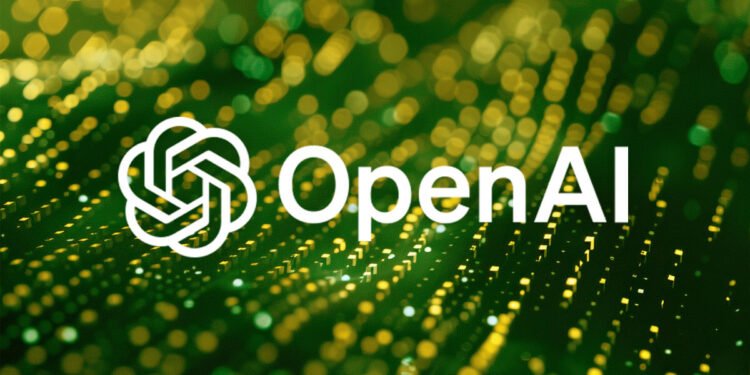OpenAI Questions Indian Jurisdiction in Copyright Dispute Over ChatGPT Training Data
Overview
In an unfolding copyright dispute in India, OpenAI has raised jurisdictional concerns, arguing that a local court’s directive to delete ChatGPT training data contradicts its obligations under U.S. law. This legal clash was initiated by the Indian news agency ANI in November, alleging OpenAI’s unauthorized utilization of its content to train the widely used AI language model, which has gained substantial traction in India.
Legal Perspective
OpenAI’s legal response emphasizes key elements of the case. Through an extensive 86-page submission to the Delhi High Court, they assert that U.S. law necessitates the preservation of training data during ongoing litigation, rendering Indian data removal orders inherently at odds with these legal requirements. They asserted, “The servers hosting ChatGPT’s training data are situated beyond Indian borders,” contesting the Indian court’s jurisdiction. This stance reflects a broader trend where tech companies grapple with intricate international legal landscapes.
Industry Context
The rapid ascent of OpenAI’s ChatGPT has positioned it as a significant player in the AI domain, particularly in India, where its adoption is rising steadily. This lawsuit unfolds against a backdrop of mounting copyright disputes encountered by AI enterprises worldwide, with comparable litigations already progressing in the United States, such as a well-known case initiated by The New York Times. These legal battles underscore the friction between AI innovation and the legal safeguards provided to content creators.
Implications Analysis
If ANI’s claim is validated, it could establish a precedent for how AI models get trained and how copyright statutes are applicable in the digital era. A ruling against OpenAI could not only necessitate significant operational changes but also trigger broader repercussions for the AI sector, potentially limiting data sourcing methods. ANI’s contentions regarding unfair competition and unauthorized replication of its articles present additional challenges, possibly impacting OpenAI’s future commercial strategies.
Wrap-Up
As OpenAI readies for a court session scheduled for January 28, the ramifications of this case could resonate throughout the AI industry, shaping how companies handle training data and innovate their products in alignment with global copyright regulations. This legal confrontation epitomizes the ongoing tug-of-war between technological progress and intellectual property rights, prompting crucial deliberations on the ethical usage of online content in AI training. The court’s decision might not only influence OpenAI but could also sculpt the terrain of AI advancement in the years ahead.








